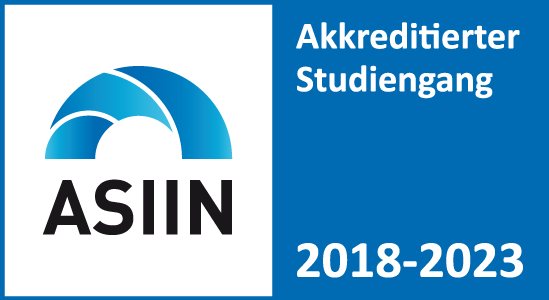Dr. Andreas Schroeder from BMW will give a talk in the elite program’s special lecture series. The talk will take place in room 1056N in Augsburg and start at 16:30 on 5 December 2019. The title of the talk is “Techniques and Practices for Data-Intensive IoT Backend Systems”.
Abstract
Internet of things (IoT) applications are notoriously known to produce large volumes of data. At the same time, today’s customers expect timely delivery of recent data. This is especially the case when the backend is the mediating layer between a customer’s IoT devices and her control plane (at BMW, this constellation is quite commonplace; communication between a driver’s mobile device and her vehicle is largely mediated by the backend). With all the benefits of this approach in terms of security and data durability, it also creates an interesting escalation of numbers, as the backend now has to provide timely processing of thousands of concurrent requests.
In this talk, we will cover the current laws of computing (as given from theory) and properties of computing (as given from current physical hardware) in data-intensive systems that define the solution space. Then, we will discuss how low-latency processing can be achieved with proper architectural and coding techniques. Finally, we will also cover which software engineering practices support making the right high-level architectural choices as well as low-level design choices.
This talk will also reserve fair share of time for an extended Q&A session.
Short Speaker Bio
Dr. Andreas Schroeder holds a computer science degree from LMU university Munich, as well as a doctoral degree from the same university. In his research, he explored formal verification techniques for self-adaptive systems. After successful completion of these activities, he went on in 2014 to become a software consultant at codecentric and a lead engineer at AutoScout24 before finally joining BMW as software engineer and architect. In this more practical side of his work, he has been designing, building, and continuously improving highly scalable data processing backends and resilient microservices.





